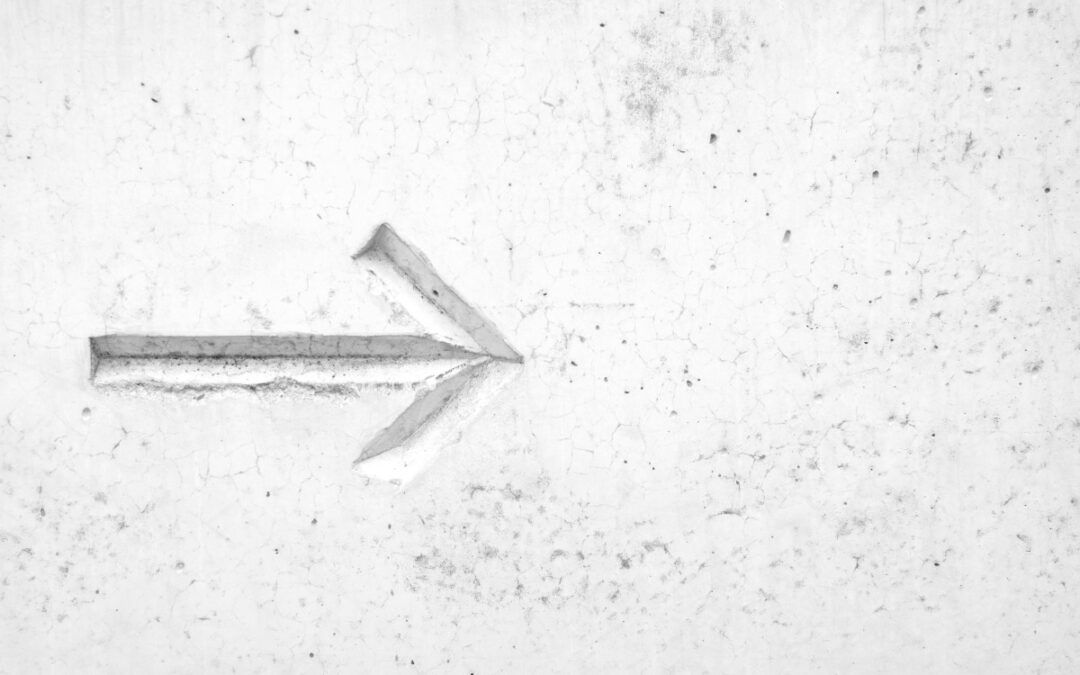Discovering your need for recovery services may take time. You may have been involved with other treatment facilities and find that they no longer cater to your needs as you move through the recovery process. It may also be possible that your current facility is not aligned with your recovery style, leading you to desire some changes. No matter what your reason is for searching for a treatment program that suits your needs, we are here to help.
Determining Your Needs
First, it is essential to understand your needs. There may be aspects that you like in treatment or want to have available. However, ensuring your needs are met is more important. Think about what your needs are through recovery. Ensure you differentiate your wants from your needs. Doing this, you will ensure you prioritize your needs first, as they will be the main focal point during your search.
To assess your needs, think about what values and beliefs you obtain. Reflect on your goals and what you need to accomplish them. It is also important to consider your standpoint in society. This includes your cultural values, physical state, psychological state, socioeconomic status, the severity of the disorder, and any other factors that may influence your potential needs. Looking at your goals and each of these categories, you can determine what specific needs you have.
Finding a Treatment Program
Once you have determined what your core needs are, you have to search for a treatment program that offers those resources. Searching through programs and the resources available can be challenging. Dream Recovery works to find a solution that meets your specific needs. If we don’t have a program that you connect with, we are happy to help you find an appropriate resource.
When looking for a treatment program, it is important to consider the length of the program that you feel is necessary. Understanding the severity of your substance use disorder can help you to assess the level of care you need to either begin recovery or move forward with it.
It is also important to ensure the program you choose has experience in dealing with the specific substance addiction that you are dealing with. The Substances Abuse and Mental Health Services Administration (SAMHSA) provides many resources to help you observe the options that are available in your local area. They also outline programs and their specialties, creating an easy space for you to research the program that is right for you.
Types of Treatment Programs
To figure out what treatment program best suits you, it is important to understand what your options are. The following treatment programs are commonly utilized, each providing its own set of benefits.
Residential Programs
These programs create a living environment for you to be fully engaged in recovery with 24/7 support. This is a great resource for individuals who are beginning their recovery journey and feel that they are unable to implement skills to reach sobriety on their own. With residential treatment, you are placed in a living situation with others in a similar state as you with no access to substances.
These programs are typically very structured. This can be good for the beginning stages, as you may need this intense level of support. Individuals typically stay in residential programs for anywhere from one month to one year. The timeframe may fall out of this spectrum, but 6-month periods are common to reside in these facilities. Many of these programs run based on a therapeutic reward system, allowing you to move up levels or stages to access more privileges. This is a great way to feel rewarded for your hard work and recovery success.
Partial Hospitalization Programs
These programs are often offered at hospitals and other treatment facilities. In partial hospitalization programs or partial day programs, you will be attending treatment for approximately five to six hours a day. This allows you to remain living at home while still having a large amount of support through your recovery journey.
Intensive Outpatient Programs
This program is intensively geared to your individual needs. Intensive outpatient programs (IOP) can be utilized when you no longer need medical supervision for detox but still feel a need for support to retain sobriety. It is approximately three to five days per week. Throughout this treatment program, you will set up a relapse prevention plan and work with your therapist and case manager to set up an appropriate plan for you.
Outpatient Programs
These programs are built to help you maintain accountability for your substance use and sobriety maintenance. In outpatient treatment, you can begin to work on your career and future goals outside of recovery while developing the skills necessary to maintain the skills you have already gained. This only has approximately three hours a week of time commitment and therapy meetings to help you move forward. There is support if you need it, but you have the freedom to move forward with other aspects of your life as well.
It can be stressful to realize you need treatment services and accept your state of addiction. Searching for a program that is right for your needs after that can be overwhelming. These choices can be hard to make if you are unsure of the program that would be best for you. Meet with our treatment team or call our office, and we can help assess which program will be best for you at this time. Dream Recovery provides partial day treatment, intensive outpatient, and outpatient programs to meet your recovery needs. To learn more about these programs and which option is best for you, reach out to Dream Recovery today at (657) 216-7218.


Recent Comments